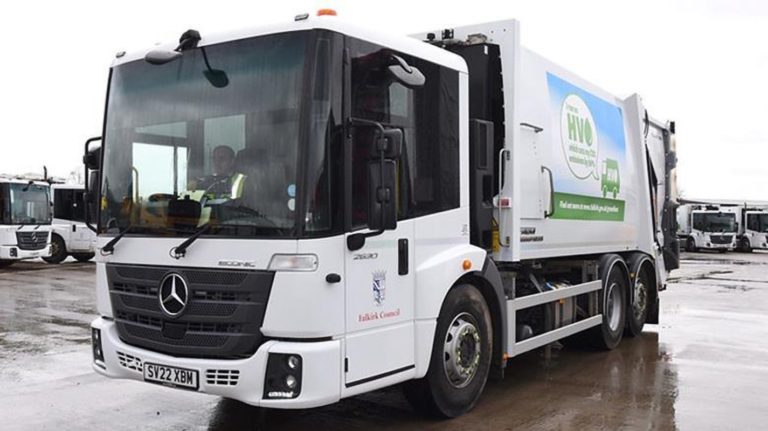
Describing it as ‘a significant step forward its commitment to reducing emissions and promoting environmental stewardship’ the local authority is urging others with HGV fleets to do the same.
Since launching its green fleet initiative earlier this year, the council has introduced 43 electric vehicles so far, bringing the total number of electric-powered cars and vans it operates to 129. It also operates 102 electric vehicle charging points dedicated for fleet vehicles so that they can be used across the district without dependence on the public charging network.
More advances needed in electric vehicles
The Council is committed to electric vehicles, but current range limitations coupled with the high cost of electric HGVs has resulted in the decision to switch the refuse fleet to HVO to reduce carbon emissions while awaiting further advances in technology.
Moving to HVO is a simple fuel switch requiring limited investment with no vehicle modifications needed.
Feedback from crews and drivers has also been extremely positive, with no reported impact on driving experience and no breakdowns or mechanical issues associated with the use of the alternative fuel.
Plans to expand the use of the biofuel to other diesel vehicles in its fleet will achieve a total carbon emissions reduction of 2,000 tonnes over the next 12 months. In a bid to encourage broader adoption, the Council is raising awareness of the use of HVO through vehicle decals.
Supporting transition
Cllr Bryan Deakin, spokesperson for Climate Change, said: “We were among the first Scottish councils to trial HVO, transitioning a number of our refuse and roads vehicles to HVO biofuel. The success of that pilot confirmed HVO as an affordable and effective alternative to diesel, capable of potentially cutting up to 90% of carbon emissions from vehicles over 3.5 tonnes.
“By transitioning our large vehicles to HVO, we reinforce our commitment to supporting a thriving economy and green transition by reducing emissions and improving air quality. The move also positions us as a leader in eco-friendly practices, which we hope will inspire others to follow suit.”